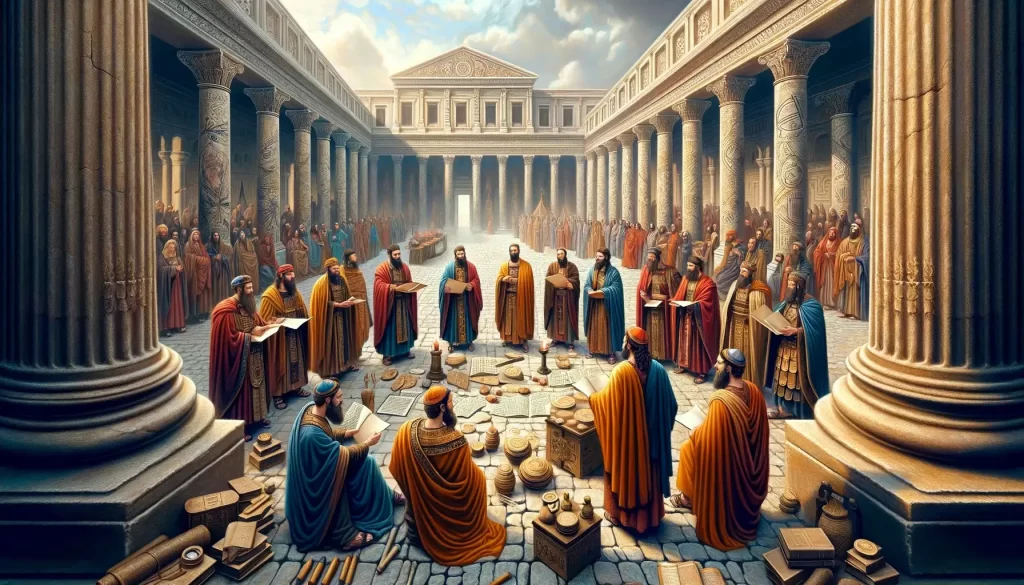
National Association of Christian Ministers Summary Series: Theology
The Herodians were a Jewish political faction or sect during the first century AD. They were named after Herod the Great, the ruler of Judea under Roman authority, and later his descendants who continued to govern various regions within Judea.
The Herodians were known for their support of the Herodian dynasty and their collaboration with Roman rule. They were primarily concerned with maintaining political stability and preserving their own positions of power and influence. The Herodians recognized the authority of the Roman emperor and worked to align Jewish interests with Roman interests.
The biblical accounts mention the Herodians in connection with their interactions with Jesus. In the Gospels, they are depicted as being in opposition to Jesus and as conspiring with the Pharisees to entrap him with controversial questions. Their alignment with the ruling power and their willingness to compromise with Roman authority made them suspicious to those who sought religious and political independence.
The specific beliefs and practices of the Herodians are not extensively documented in historical sources. They are primarily known for their political stance and their association with the Herodian rulers. The Herodian dynasty played a significant role in the political landscape of Judea during the first century AD, with Herod the Great being responsible for the expansion and renovation of the Second Temple in Jerusalem.




